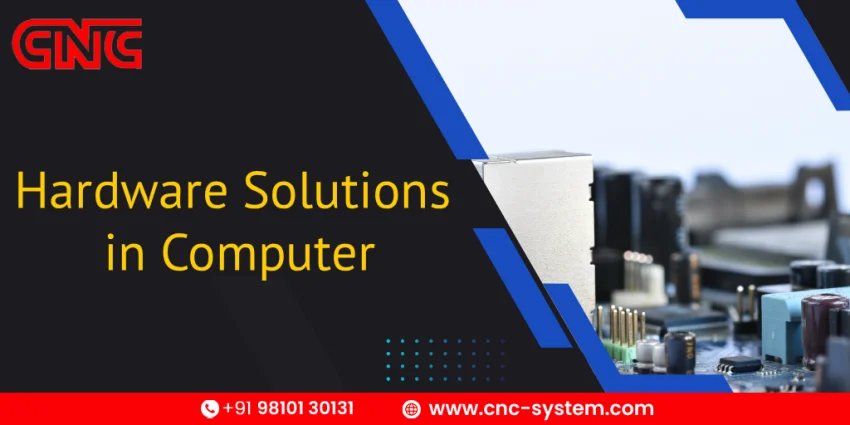In today’s fast-paced digital economy, small businesses rely heavily on technology to remain competitive, efficient, and secure. Whether it’s managing customer relationships, storing critical data, or running day-to-day operations, reliable computer systems form the backbone of modern enterprises. To maximize performance and ensure smooth workflows, small businesses must adopt the right hardware solutions in computer systems. Choosing the right hardware not only improves productivity but also reduces long-term costs by minimizing downtime and maintenance issues.
Reliable Servers and Storage
A good server is one of the most vital hardware requirements in the computer systems of small businesses. Servers are useful in centralizing data, controlling network resources and enhancing collaboration. A server is used in lieu of using individual PCs only as it secures the availability of data being accessed. Connecting servers to effective storage solutions, including Network Attached Storage (NAS) solutions or external hard drives, can also aid small businesses to back up valuable information and safeguard data loss.
High-Performance Workstations
All small businesses require desktops or laptops with the capacity to support their day to day workload. An example is that design firms might require a system with high-level graphics features whereas accounting firms might require a system with a dependable processor to facilitate financial software. The investment in workstations having at least enough RAM, strong processors, and SSD storage can make workers able to complete their tasks without any delays. These hardware in computer configurations enable the small business to execute the essential applications with ease and achieve the expectations of the clients with efficiency.
Networking Hardware
Environments that are conducive to communication and connectivity are essential to any business on the rise. Routers, switches and firewalls are significant towards ensuring the teams have rapid and safe connections. Networking equipment enables companies to share resources such as printers and storage devices and gives the possibility of doing work remotely. Dependable networking equipment also enhances security whereby only authorized users can access company systems eliminating the threat of cyber attack.
Backup and Recovery Systems
Small companies are not able to afford the loss of important information to unfortunate circumstances such as a system crash or power loss. This is why backup and recovery solutions are important. Backup servers, external drives or cloud-integrated hardware gives the safety net in case of an accidental loss of data. Using reliable computer backup hardware solutions, companies will be able to recover fast without incurring unnecessary losses due to downtime.
Peripherals and Accessories
Peripherals, e.g. printers, scanners, ergonomic accessories, are often ignored, but they make a huge difference to productivity. Multi-function printers, reliable monitors and input devices are also of benefit to small businesses and improve the working environment. These are necessary hardware supplements in a computer system that aid in daily functions and assist in the formation of a smooth working process.
Conclusion
In the case of small businesses, the right basis of hardware is not only about purchasing computers but also constructing an infrastructure that is stable to accommodate expansion. Any hardware is significant starting with servers and storage to networking equipment and backup. Small businesses can achieve efficiency, save valuable data and make sure to succeed in a competitive marketplace by adopting the necessary hardware solutions in their computer systems.

